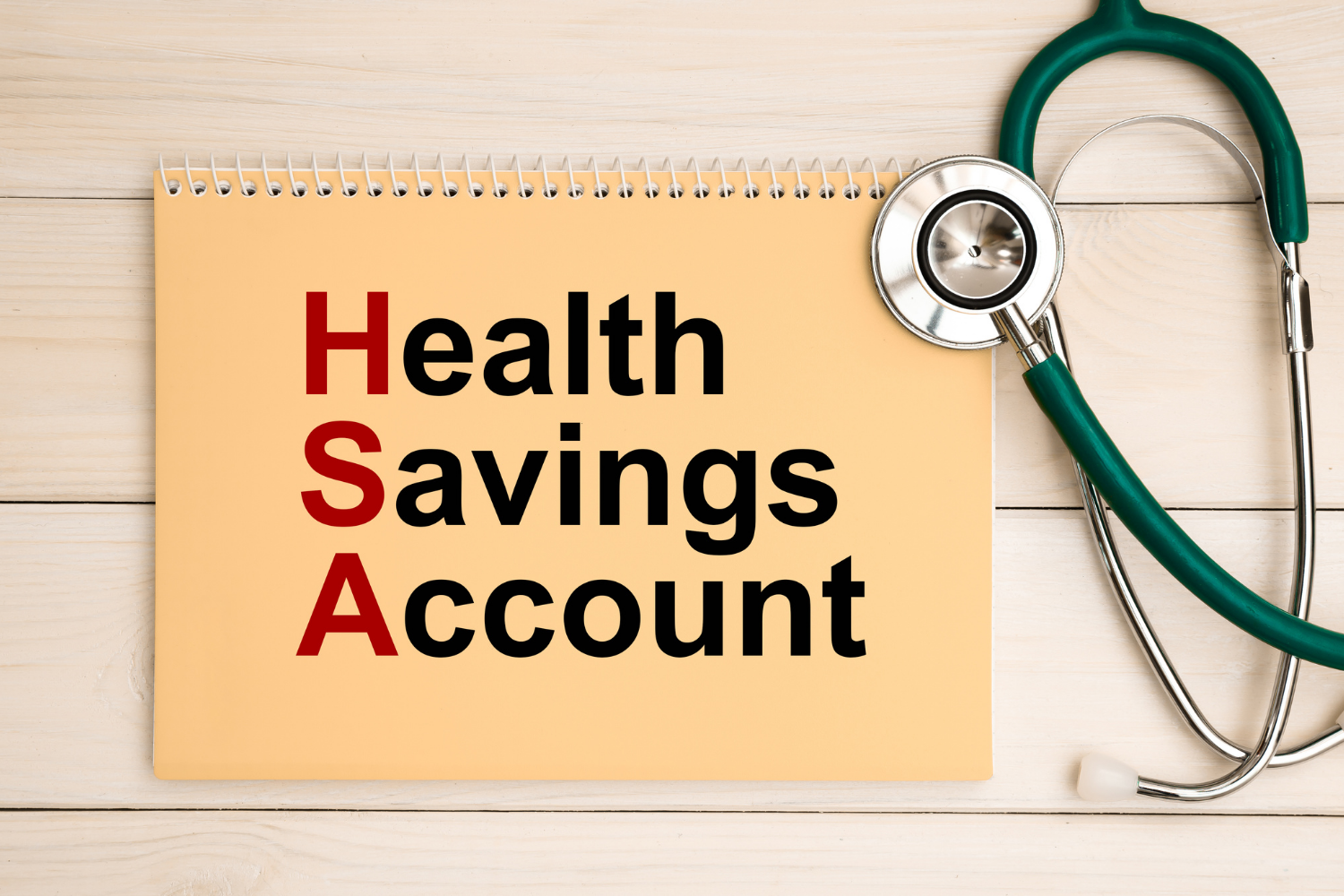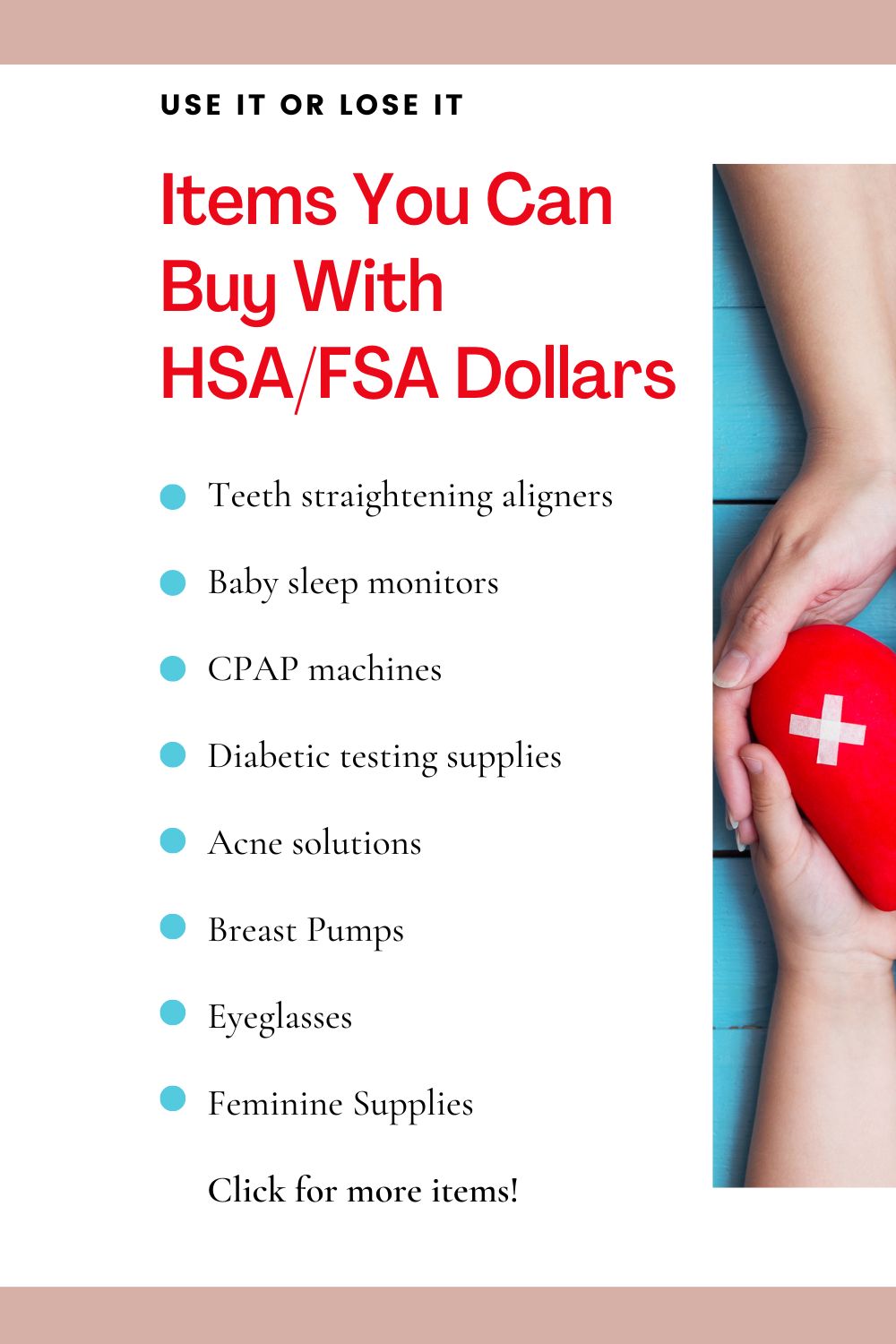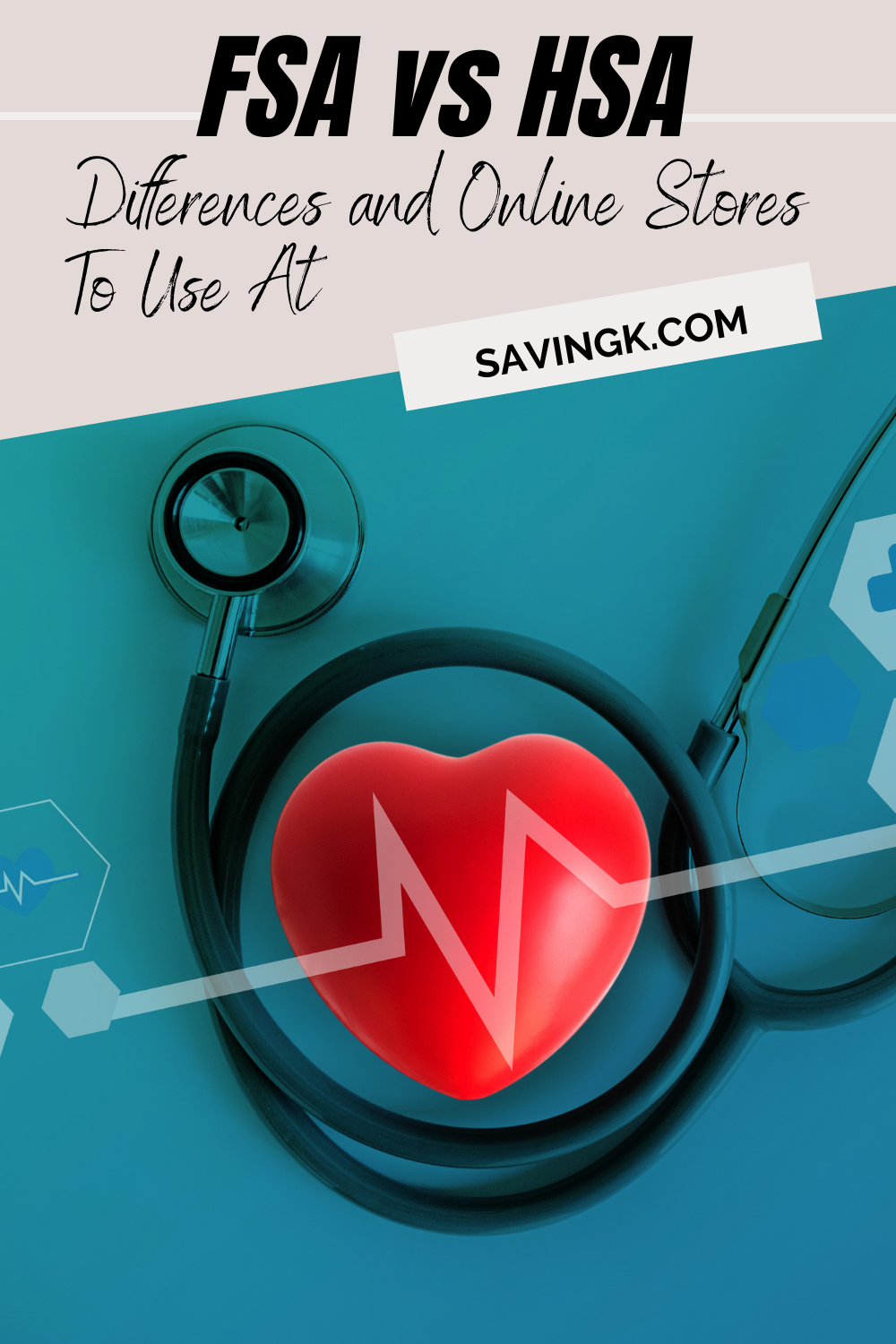
Healthcare is an important topic in America. There are many different types of healthcare plans, and they can be difficult to understand for someone who’s never had them before. One type that people often get confused with is FSA versus HSA. These two terms may seem interchangeable at first glance but there actually quite different from each other when you take a closer look.
Do you have a healthcare plan?
Chances are, if you’re reading this, you don’t know the difference between FSA and HSA. That’s okay – we’re here to help! These are two of the most common types of healthcare plans in the United States, and it’s important to understand the difference between them before making a decision about which one is best for you.
We know that healthcare can be expensive, so we want to make sure that you get the most out of your plan. That’s why we offer free information from financial experts so that you can make an informed decision about which type of plan is right for you.
Contents
What is FSA?
FSA stands for Flexible Spending Account.

An FSA is a pre-tax account that you use to pay for eligible healthcare expenses. This type of account is offered through your employer, and the money that you put into it is not subject to federal income tax, state income tax, or social security tax. Employers may also make contributions to your FSA, but they are not required to.
FSAs are limited to $2850 per year per employer.
A nice benefit of an FSA is that you can use it to pay for a wide variety of healthcare expenses, including dental and vision care, prescription drugs, and even some over-the-counter medications for you, your spouse, and your dependents.
Unfortunately, one of the downsides of an FSA is that the funds in an FSA expire at the end of the year and do not carry over. Therefore, you either need to “use it or lose it”. An employer may offer a “grace period” of up to 2.5 extra months to use your money or allow you to carry over up to $570 to use the following year, but they cannot offer both options and are not required to offer either.
Any used FSA money is returned to your employer. The employer can use those funds towards administrative costs, reduce premiums for next year, or distribute them equally to employees who enroll in an FSA the next year.
The bottom line is to spend your hard-earned flex-spend dollars before they expire! Keep reading to see online stores accept FSA dollars – there are more options than you know!
What is HSA?
HSA stands for Health Savings Account.

An HSA is also a pre-tax account that can be used to pay for qualified medical expenses. The funds in an HSA are also not subjected to federal income tax or social security tax but are subjected to state income tax in a few states.
In order to contribute to an HSA, you must have a High Deductible Health Plan (HDHP). An employer may require you to set up an HSA at a certain financial institution if they plan to contribute to the plan as well, but if not, you can set up an HSA at any bank or financial institution. I recommend picking a bank that does not charge any service fees.
HSAs are limited to $3650 for self-coverage and $7300 for family coverage.
One of the benefits of an HSA is that the funds in it can be used to pay for a wide variety of healthcare expenses, including dental and vision care, prescription drugs, and even some over-the-counter medications for yourself, your spouse, and dependents. HSA money cannot be used to pay for premiums due though.
The best benefit of an HSA is that the funds never expire, and if you don’t use those funds, your HSA may earn interest, which is not taxable.
If you withdraw your HSA funds and use them for purposes that aren’t healthcare-related, you will be subject to an additional tax of 20%.
If you’re looking for a healthcare plan that offers tax advantages and can be used to pay for a wide variety of healthcare expenses, an HSA might be for you.
Online Stores That Accept FSA and HSA
Remember, you do not have to use all of your FSA and HSA dollars are on medical bills and prescription medication. You can order contact lenses and eyeglasses. You can order teeth-straightening devices. You can use those dollars to pay for healthcare-related items such as ibuprofen, band-aids, vitamins, over-the-counter medications. You can also use those dollars to pay for personal care items such as sunscreen, feminine hygiene products, skin care products, and contraceptives.

Below is a list of all online stores that accept FSA and HSA dollars. If you do not have a debit card for your FSA or HSA account, you can print a receipt to turn in and get reimbursed.
| Store | Link | Specialty |
|---|---|---|
| 1-800 Contacts | 1800contacts.com | Contact lenses |
| Aeroflow | aeroflowbreastpumps.com | Breast Pumps |
| Alignerco | alignerco.com | Invisible teeth straightening aligners |
| Amazon FSA | HSA Store | amazon.com | Click link for eligible items. |
| Byte | byte.com | Clear teeth aligners |
| Cefaly | cefaly.com | Migraine headache device |
| CVS HSA/FSA Eligible | cvs.com | Click link for eligible items. |
| Contacts Direct | contactsdirect.com | Contact lenses |
| Diabetes Stores | diabetesstore.com | Diabetic testing supplies |
| DIFF Eyewear | diffeyewear.com | Charitable eyewear |
| Dr. Comfort | drcomfort.com | Therapeutic shoes |
| Dr. Scholl's | drscholls.com | Foot care |
| EyeBuyDirect | eyebuydirect.com | Eyewear |
| FitMyFoot | fitmyfoot.com | Medical Grade Orthotics |
| Firmoo | firmoo.com | Eyewear |
| FSA Store | fsastore.com | Everything they sell is eligible. |
| Gales | weargales.com | Healthcare approved footwear |
| Glasses Shop | glassesshop.com | Eyewear |
| HDIS | hdis.com | Incontinence Supplies & Bladder Control Products |
| Health Products For You | healthproductsforyou.com | Medical supplies and equipment |
| Hero Cosmetics | herocosmetics.us | Acne solutions |
| LED Technologies | ledtechnologies.com | Light therapy |
| LensCrafter | lenscrafters.com | Eyewear |
| Liingo Eyewear | liingoeyewear.com | Eyewear |
| Mayo Clinic Diet | mayoclinic.org | Weight loss solutions |
| Medical Supply Depot | medicalsupplydepot.com | Home healthcare supplies |
| Nanit | nanit.com | Smart baby monitors |
| NewSmile | newsmilelife.com | Clear teeth aligners |
| Owlet | owletcare.com | Baby sleep monitors |
| Remi | shopremi.com | Custom night guards |
| Rite Aid | riteaid.com | Health & beauty aids |
| SA Aligners | saaligners.com | Clear teeth aligners |
| Senior | senior.com | Store for seniors and caregivers |
| Sleep Number | sleepnumber.com | Smart bed or DualTemp layer |
| Sleep8 | mysleep8.com | CPAP machines |
| Smart Buy Glasses | smartbuyglasses.com | Eyewear |
| Smart Nora | smartnora.com | Anti-snoring solution |
| Target FSA & HSA Shop | target.com | Click link for eligible items. |
| Walgreens FSA HSA | walgreens.com | Click link for eligible items. |
| Walmart FSA & HSA Shop | walmart.com | Click link for eligible items. |
| WhereLight | wherelight.com | Eyewear |
| Willow | onewillow.com | Breast Pumps |
| Zenni | zennioptical.com | Eyewear |
| Store | Link | Specialty |
Main Difference between FSA and HSA
So, what’s the difference between FSA and HSA?
An FSA is usually funded by your employer while an HSA is usually funded by you.
Therefore, your FSA is owned by your employer while your HSA is owned by you and is portable if you change jobs.
An FSA has a use it or loses it policy, meaning any money not used by the end of the year is forfeited. An HSA does not have a use it or lose it policy.
Another key difference between these two types of accounts is that HSAs offer tax breaks. Money contributed to an HSA is pre-taxed, which can lower your taxable income for the year.
How To Choose Between FSA and HSA
Now that you know the difference between FSA and HSA, how do you choose which one is right for you?
FSA is ideal for those who are wanting to use their account to pay for a wide variety of healthcare expenses.
On the other hand, HSA is ideal for those who are looking for a plan that offers tax advantages and wants to use their account to pay for qualified medical expenses for themselves, their spouse, and their dependent children.
Either way, having FSA or HSA is a great way to save money on healthcare costs.
How To Apply for FSA or HSA
If you’re interested in opening an FSA or HSA, the best way to get started is to talk to your employer. Many employers offer these types of accounts to their employees, and they can help you get set up with the account that’s right for you.
You can also talk to a financial advisor about setting up an FSA or HSA. They can help you understand the tax advantages of these accounts and how to make the most of them.
Conclusion
It’s important to have a healthcare plan, whether it’s an FSA or HSA. These plans can help you save money on healthcare costs and make it easier for you to pay for the care that you need.
Here are a few reasons why a healthcare plan is essential:
- It can help you save money on healthcare costs
- It can make it easier for you to pay for the care that you need
- It offers tax advantages
No matter which healthcare plan you choose, it is important that you have one. Health is wealth, and making sure you are covered will help ensure that your finances don’t take a hit if something unexpected happens. We hope this article has helped clear up some of the confusion around FSA and HSA plans and that you feel confident in choosing the right coverage for you and your family.





